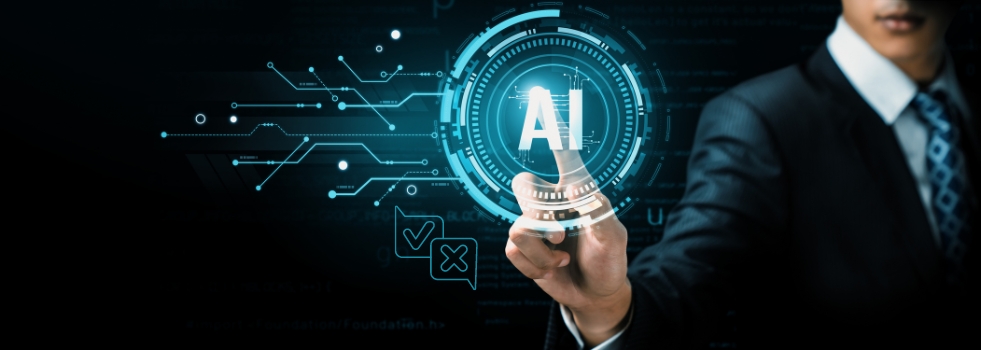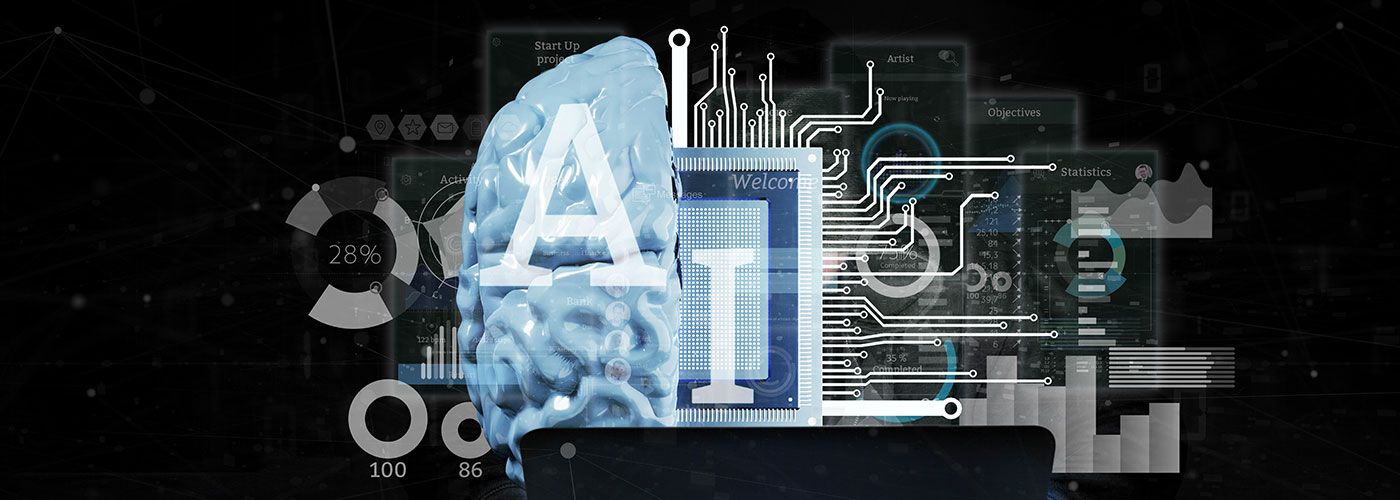Yes, they ARE capturing your license plate data
An automatic license plate recognition system (ALPR) camera can document your vehicle, license plate, and the surroundings. Police have been identifying stolen cars and streamlining their law enforcement steps with ALPRs. The sophisticated tech has also made its way to the private sector.
How ALPRs work
British police first developed ALPR tech in the 1970s. ALPRs capture images of vehicle license plates at high speeds and convert it into usable data. The software can be mounted on cars, traffic lights and bridges.
The information ALPRs collect include
- vehicle and driver images
- time data
- GPS data
The ALPR can export this information to law enforcement officials who use this ALPR data for various investigatory activities. ALPR devices can come in all shapes and forms and include
- stationary ALPR cameras
- semi-stationary ALPR cameras
- vehicle cameras
How do private companies use ALPR data?
ALPR data delivers powerful insights to companies, who can
- repossess vehicles in default
- track down debtors
- monitor parking lots activity
- expose garaging fraud
- collect automobile insurance fraud evidence
- establish whether businesses are using personal vehicles for commercial use
- track down accomplices and associates.
ALPR Privacy Concerns
As with all things tech, ALPR has raised lots of privacy concerns. A 2013 ACLU whitepaper raises concerns about how anyone could use the technology to easily track and predict drivers’ movements, and even abuse the system.
Driver data is protected by the Driver’s Protection Privacy Act (DPPA). This prohibits state DMVs from sharing personally-identifiable information (PII) to third parties.
The DPPA allows for the disclosure of
- ZIP code information
- permits driver PII disclosures if they fall under one of fourteen permissible uses including
- information verification
- toll-related billing activities
- vehicle impounding
- background checks
How States Address Usage and Data Concerns
- About 10% of the jurisdictions overall had ALPR regulations but did not restrict private usage
- California, Florida, and New York have created new rules & regulations that private-sector participants should pay attention to
- Local municipalities demand additional operational requirements
- 22 US states and 1 Canadian province do not have stringent ALPR monitoring measures
California has one of the most stringent jurisdictions concerning operations, data handling, processing, and security requirements.
Companies, private individuals, and other legal entities that fail to comply could subject themselves to private rights of action. They may face up to $2,500 in damages, attorneys’ fees & other litigation costs, and other court-ordered relief.
At LegalEase Solutions, we’ve been delivering success-driven legal solutions to automotive OEMs for over 16 years.
Want to know more? Talk to a friendly LegalEase Solutions attorney!






